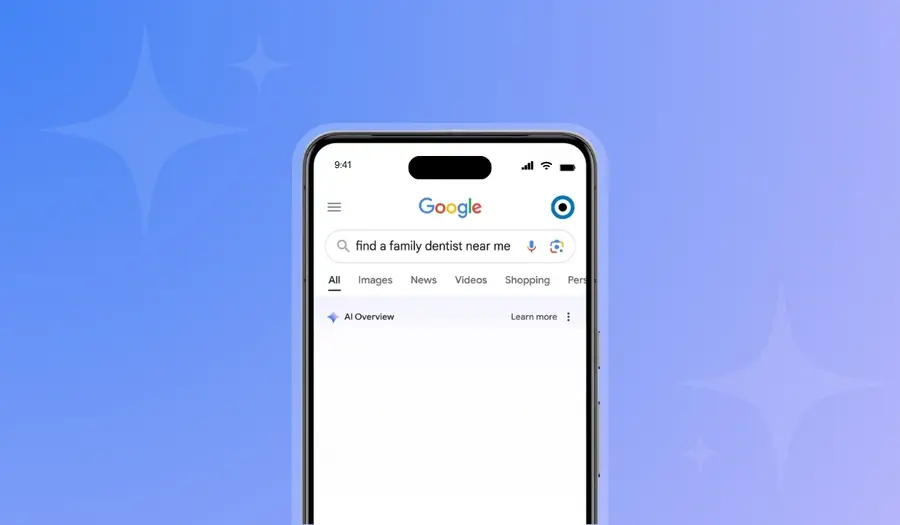
It may be hard to believe, but negative online reviews can actually benefit your dental practice.
Of course, five-star ratings and glowing feedback will help you build a strong online reputation, but perfect reviews shouldn’t be your highest goal.
Here are four ways negative reviews can actually improve your practice’s reputation:
1) Visibility
Even negative reviews boost SEO. It may seem counterintuitive, but for search engines like Google, one bad review is better than having no reviews at all. Getting patient reviews, even if they’re negative, is essential to your local ranking.
Additionally, negative reviews often contain keywords that are relevant to people who are searching for a local dental practice. Google uses those keywords to decide which dental offices to feature in search results. If you don’t publish your negative reviews, you’re missing out on potential traffic to your website.
2) Trust
Reviews serve as third-party validation, which is important to both Google and people. Bad online reviews, despite their content and low scores, will at least prove your credibility and authenticity as a real, local business.
When it comes to reputation, fake reviews are a problem. If businesses have nothing but 5-star reviews, it can raise the suspicion of search engines and potential patients. It makes you wonder if patients were incentivized to leave a specific rating, or if some of the reviews were purchased or fake. For that reason, a mix of good and bad feedback is often seen as more authentic.
3) Empathy
Have you ever come across a negative review that seemed unfair? For example, sometimes the comments might include revealing details about the reviewers. Perhaps they were late, inconsiderate, missed an appointment, overreacted, or misunderstood the staff.
Or how about reviewers who “judged the book by its cover” and never actually visited the business? Their reviews might start out with, “I’ve never actually been there, but…”
Even a well crafted negative review might vastly differ from your own experience with a business. Maybe you had a series of wonderful experiences, and the negative reviews seem like an unfair representation of the business or service.
If your negative reviews fall under any of these categories, they might stir your patients’ sense of justice or empathy enough to leave you a glowing review in response.
4) Insight
When I’m making a decision on something that matters to me—whether it’s a new yoga mat or a new doctor—I tend to read a variety of reviews. While I value the feedback in positive reviews, I usually read a few comments in the negative reviews, too. These comments tend to be more detailed and can give me a sense of the worst-case scenario.
Negative reviews provide insight that can help potential patients manage expectations and make the right decision for them.
It can also provide you with valuable data and insights on your patients’ experiences. Take the time to carefully read and understand any negative feedback. Evaluate what you’re doing, identify the problem, and make the necessary changes in your practice.
In my experience, most criticism stems from mismatched expectations and miscommunication. If that’s the case, explore ways that you and your staff can communicate with your patients more clearly so that patients fully understand what to expect from their dental care.
If you consider bad reviews as constructive criticism, you can use them to help you improve your practice.
As a dental practitioner, you need a plan to manage bad reviews. This plan must include a process to respond to your reviews in a timely, empathetic, and HIPAA-compliant way.
Stay tuned for next week’s social media newsletter, where our team will offer tips on how to respond to online reviews and social media comments.
As always, if you have any questions about your online reviews, our team is standing by to help!





